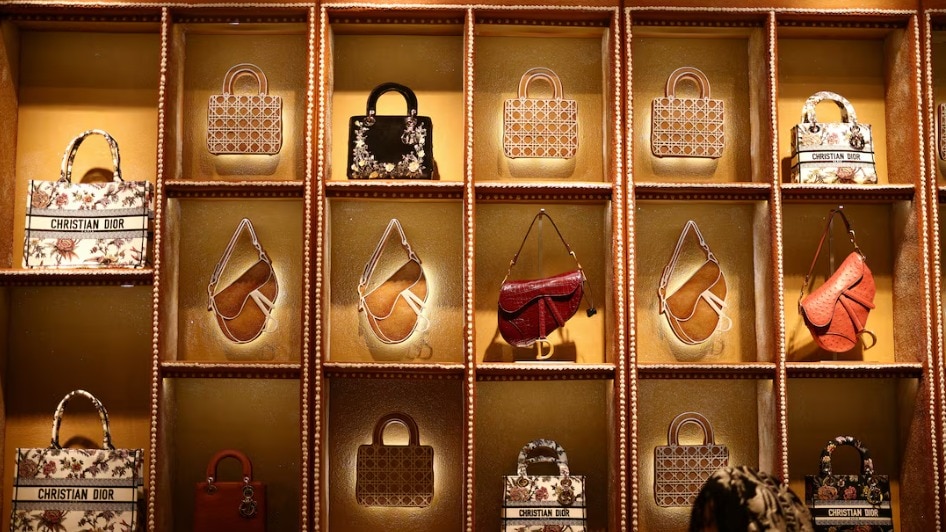Driven by young and affluent buyers, India’s luxury market is expected to reach $12.1 billion by 2025
India’s luxury goods market is expected to grow by 10 per cent, reaching $12.1 billion by 2025, according to a new report, positioning the country as a significant player in the global luxury landscape. The expansion is attributed to rising numbers of affluent individuals, rapid urbanisation, and demand for both premium products and curated experiences.
According to data analytics company Euromonitor International, India’s luxury market growth is among the fastest globally, with South Africa and the United Arab Emirates also recording strong growth rates. Brands are adapting to consumer preferences by reimagining retail spaces and prioritising personalised offerings that blend products with lifestyle experiences.
The report highlights that premium and luxury cars have led value sales, supported by appealing financing options, an expanding urban consumer base, and an increasing selection of electric models. Experiential luxury, particularly across hotels, travel, fine dining, and exclusive events, has emerged as the fastest-growing segment. Younger, affluent buyers are driving this change by favouring unique experiences over traditional luxury products, a trend reinforced by a surge in tourism and tailor-made service offerings.
The global luxury market is estimated at $1.5 trillion in 2025, demonstrating resilience in the face of ongoing macroeconomic and geopolitical disruptions. “Amid market uncertainty, the industry is undergoing a profound transformation, shifting from product-centric models to experience-driven engagement.”
In India, physical luxury stores continue to dominate, accounting for 81 per cent of personal luxury goods sales in 2025, underlining the ongoing importance of in-person engagement in the sector.
The shift towards experience-led categories marks a notable change in luxury spending patterns, as consumers increasingly select experiences over tangible goods. “Luxury spending has shifted from personal goods towards experience-led categories, reflecting deeper changes in consumer values. Experimental luxury showed resilience, with luxury travel and hospitality markets growing 8 per cent in 2025 to reach $103 billion, said the report.”
Wellness, lifestyle, and emotional resonance are now prominent markers of status, influencing how brands connect with their clientele.
Physical luxury stores are evolving beyond transactional roles, becoming expressions of identity and exclusivity through enhanced hospitality and concierge-level service. Brands are transforming these retail environments into cultural destinations to inspire and reward loyalty with interactive experiences.
“Wellness, lifestyle and emotional resonance are emerging as new markers of status, reshaping how brands connect with consumers,” said Fflur Roberts, global insight manager for luxury goods at Euromonitor International. The growth outlook is further supported by the increasing number of wealthy individuals in India, a key factor contributing to the country’s expanding luxury ecosystem.


